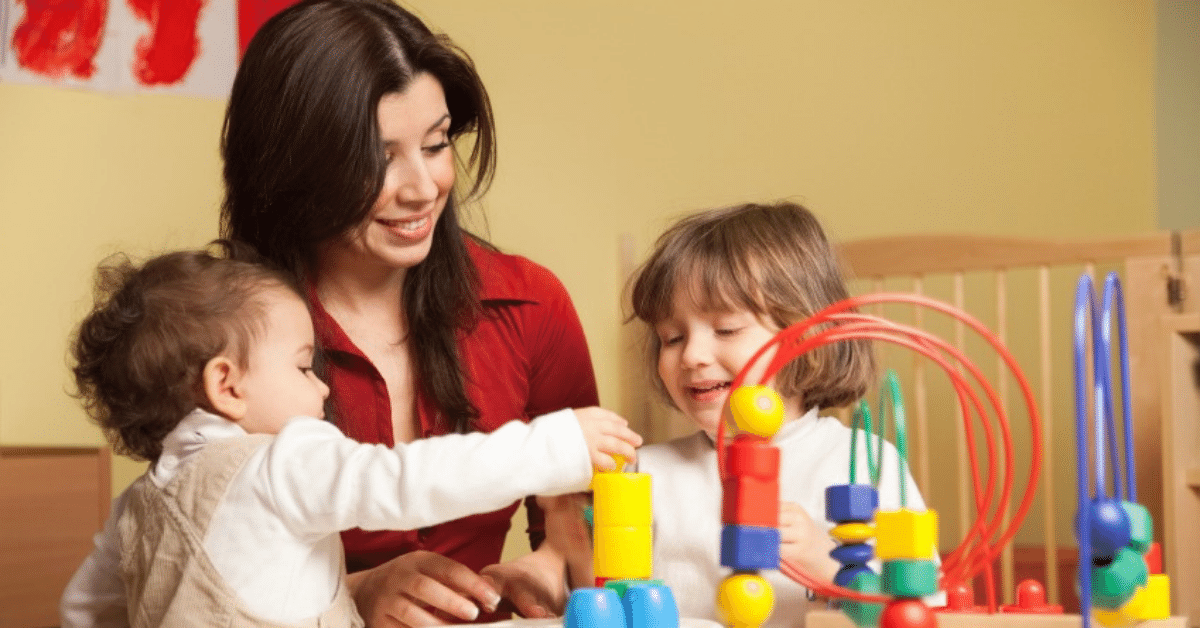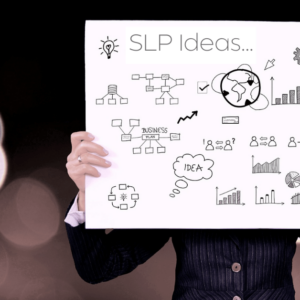Effectively Evaluate Young Children
$15.00

Course Type: Video – 1 hour
ASHA Course Code: Developmental Language Disorders – 3010
Join us as we discuss the limits and benefits of formal testing and learn how to effectively evaluate young children. We use examples of many evaluation tools (HELP, CELF, PLS, BDI) and teach you to evaluate test items for bias. Improve your clinical judgment and increase your confidence in diagnosing this population.
I found the detailed item analysis extremely useful, thought-provoking, and right to the point. We need more SLPs to critically analyze the limited pool of tools at our disposal, think outside the box, and utilize their skills to more effectively evaluate and more confidently diagnose, or not. I think that too many clinicians rely too heavily on standardized assessment tools and too little attention on those things that are not so easily quantified, e.g., narrative language development, procedural discourse, pragmatics…the list goes on. Once again, thank you for the opportunity.
Ivan Mejia, Bilingual SLP – Houston TX
Additional Information
| Population | Early Childhood |
|---|---|
| Topics | Evaluations |
| Duration | 1 hour |
| Credit | .1 Continuing Education Unit |
| Format | Video |
Financial Disclosure: Keith Lebel, M.A., CCC-SLP. Keith Lebel does not have any financial relationships to disclose.
Non-Financial Disclosure: Keith Lebel does not have any non-financial relationships to disclose.
Financial Disclosure: Ellen Kester, Ph.D., CCC-SLP. Dr. Ellen Kester is the owner of Bilinguistics and receives a salary. Bilinguistics receives royalty payments for online courses.
Non-Financial Disclosure: Ellen Kester does not have any non-financial relationships to disclose.
This course addressed ways to effectively evaluate young children using formal and informal approaches. We discussed the limits and benefits of formal testing with examples from many evaluation tools (HELP, CELF, PLS, BDI) and showed how to evaluate test items for potential bias.
Join us as we discuss the limits and benefits of formal testing and learn how to effectively evaluate young children. We use examples of many evaluation tools (HELP, CELF, PLS, BDI) to show how to evaluate test items for bias. Improve your clinical judgment and increase your confidence in diagnosing this population.
When a test is translated, the psychometric properties of it change. An item’s difficulty level (p-value) varies across language versions because of differences in the structure of the original and translated language. Items can also vary as a result of cultural differences. The influence of cultural and linguistic diversity on specific items from the Communication domain will be evaluated and discussed to enhance clinical judgment. In some assessment situations, a diagnostic decision will be straight forward. In other situations, alternative and supplemental assessment methods will be necessary for determination of eligibility.
All early childhood programs in Texas are using the Battelle Developmental Inventory-2 for determining eligibility. Although there is a Spanish Edition, evaluators are referred to the English norms. We will use the BDI-2 as a case study to describe how to use formal and informal measures to produce accurate results.
Participants will:
· Explain how to effectively test young children using formal and informal measures
· Describe the appropriate use of test norms
· Identify how language differences affect test results
· Describe how cultural differences can influence test results
· Describe methods for supplemental or alternative assessments
Time-Ordered Agenda;
05 minutes: Introduction
10 minutes: Current Assessment Tools
15 minutes: Assessment concerns for children from linguistically diverse backgrounds
15 minutes: Types of inequivalence in test translations
15 minutes: Evaluating translation equivalencies and applying alternative assessments to enhance clinical judgment
05 minutes: Summary
Need CEUs?

 Share
Share
 Tweet
Tweet
 LinkedIn
LinkedIn
 Pin
Pin
 Email
Email





